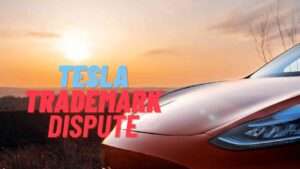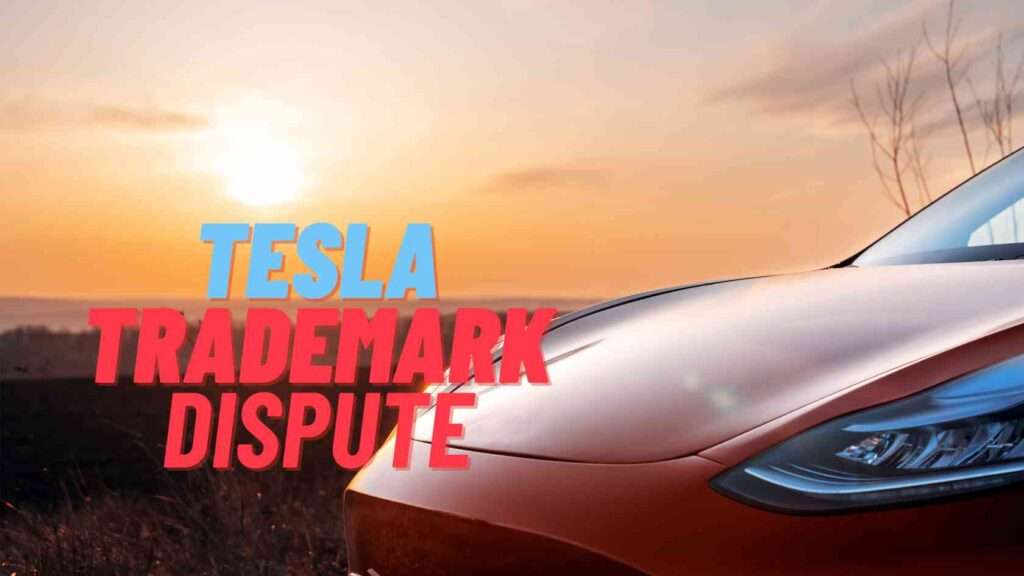In a significant legal showdown, Tesla, the renowned electric vehicle and clean energy company, is currently engaged in a trademark dispute with Tesla Power India Pvt. Ltd., a firm specializing in lead acid batteries. This Tesla Trademark Dispute, filed in the Delhi High Court, underscores the intricate dance of trademark protection on a global scale, particularly when similar brand names operate across different markets and sectors.
The Heart of the Tesla Trademark Dispute: Tesla has accused Tesla Power India of illegally using the trademarks ‘Tesla Power’ and ‘Tesla Power USA’ in its operations. This accusation led to Tesla seeking a permanent injunction to stop the Indian company from using the names, alongside demands for damages due to trademark infringement, passing off, and unfair trade competition.
Analysis of Court Trademark Proceedings: Tesla’s legal strategy hinges on asserting its well-established global brand identity against what it perceives as an encroachment by Tesla Power India. The next hearing is scheduled for May 22, where the Delhi High Court will delve further into these allegations.

Global Brand vs. Territorial Rights: This case illustrates a fundamental principle of trademark law: while trademarks can have a global impact, their protection is inherently territorial. Tesla, as a global entity with extensive brand recognition, is protective of its name in all market segments, including energy solutions where it sees potential overlap with Tesla Power India’s operations.
The Issue of Overlap in Industry Sectors: Despite Tesla Power India’s assertion of non-competition in the EV sector, the use of the Tesla name in related power supply industries poses significant challenges. Tesla’s expansion into energy solutions, such as solar panels and home batteries, means that any use of the Tesla name within similar industries could potentially dilute its brand and mislead consumers regarding the affiliation or endorsement of products.
Navigating Trademark Waters in a Global Market The ongoing legal battle between Tesla and Tesla Power India highlights the complexities businesses face when managing trademarks in a global marketplace. This case not only reflects on territorial legal principles but also on the strategic need for businesses to protect their brand identity vigorously, especially when operating across diverse and overlapping sectors.
For companies operating internationally, this dispute serves as a crucial reminder of the need to secure trademark rights comprehensively and to be vigilant against potential infringements that could impact brand integrity and consumer trust.
This Tesla Trademark Dispute with Tesla Power India provides several key lessons for entrepreneurs and technology startups. First and foremost, it emphasizes the importance of conducting thorough due diligence before settling on a brand name. Researching existing trademarks in all potential markets is crucial to avoid future legal conflicts that could not only be costly but also damaging to a brand’s reputation and operational focus. Startups should invest in comprehensive trademark searches to ensure their chosen name doesn’t infringe on established brands, particularly in sectors they might expand into as they grow.
Additionally, this Tesla Trademark Dispute highlights the value of securing trademark protection early in multiple jurisdictions, especially for startups planning to operate globally or in tech-centric industries where brand overlap is likely. Understanding the scope of your trademark rights and the potential for territorial disputes is vital. By registering trademarks in key markets, startups can safeguard their brand identity across borders and preempt potential conflicts with other entities. This proactive approach in trademark registration and a clear strategy for brand differentiation can serve as strong defenses against infringement claims and strengthen a company’s position in competitive markets.
These insights underscore the necessity for startups to not only innovate but also navigate the legal landscapes that protect their innovations. By learning from high-profile cases like Tesla vs. Tesla Power India, technology startups can better prepare to protect their intellectual property and ensure their brand’s longevity and success.
Need legal advice on protecting your brand’s intellectual property or navigating a trademark dispute? Contact our law office today to schedule a consultation with our expert attorneys in intellectual property and trademark law.
Stay tuned for more updates on this and other relevant legal battles shaping the business and legal landscapes worldwide.


